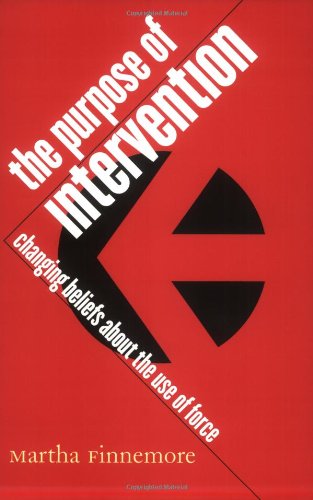

Most ebook files are in PDF format, so you can easily read them using various software such as Foxit Reader or directly on the Google Chrome browser.
Some ebook files are released by publishers in other formats such as .awz, .mobi, .epub, .fb2, etc. You may need to install specific software to read these formats on mobile/PC, such as Calibre.
Please read the tutorial at this link. https://ebooknice.com/page/post?id=faq
We offer FREE conversion to the popular formats you request; however, this may take some time. Therefore, right after payment, please email us, and we will try to provide the service as quickly as possible.
For some exceptional file formats or broken links (if any), please refrain from opening any disputes. Instead, email us first, and we will try to assist within a maximum of 6 hours.
EbookNice Team

Status:
Available5.0
26 reviewsViolence or the potential for violence is a fact of human existence. Many societies, including our own, reward martial success or skill at arms. The ways in which members of a particular society use force reveal a great deal about the nature of authority within the group and about its members' priorities.
In The Purpose of Intervention, Martha Finnemore uses one type of force, military intervention, as a window onto the shifting character of international society. She examines the changes, over the past 400 years, about why countries intervene militarily, as well as in the ways they have intervened. It is not the fact of intervention that has altered, she says, but rather the reasons for and meaning behind intervention―the conventional understanding of the purposes for which states can and should use force.
Finnemore looks at three types of intervention: collecting debts, addressing humanitarian crises, and acting against states perceived as threats to international peace. In all three, she finds that what is now considered "obvious" was vigorously contested or even rejected by people in earlier periods for well-articulated and logical reasons. A broad historical perspective allows her to explicate long-term trends: the steady erosion of force's normative value in international politics, the growing influence of equality norms in many aspects of global political life, and the increasing importance of law in intervention practices.